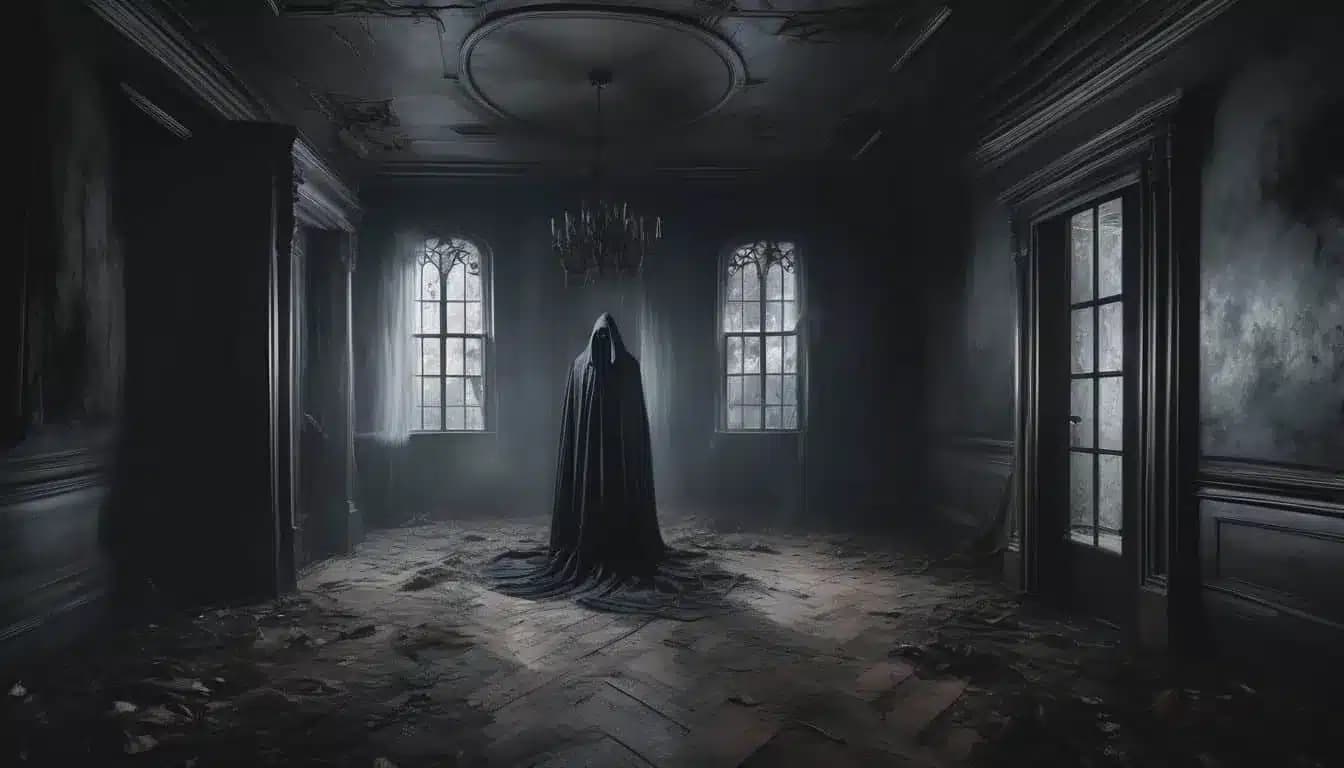
The Science Behind the Paranormal: Can It Be Proven?
The allure of the paranormal has captivated human imagination for centuries. From ghostly apparitions to psychic phenomena, the quest to understand these mysteries has led to numerous investigations and debates. This article delves into the scientific and psychological aspects of paranormal experiences, examining whether these phenomena can be proven or if they remain beyond the […]